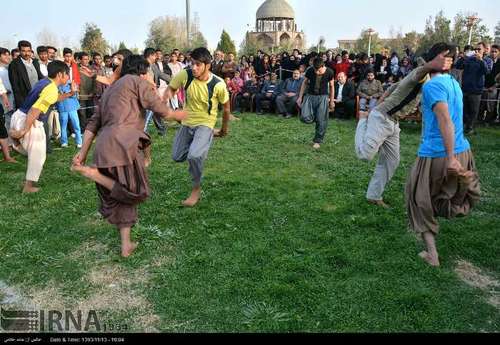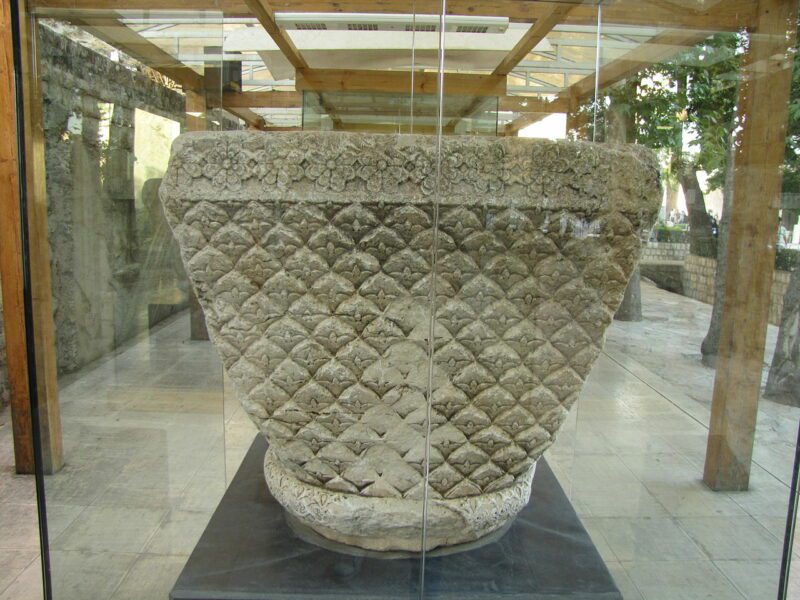Khosu khsu” (also commonly spelled “Xo-xo”)! This intriguing game from Sistan and Baluchistan, Iran, finally rings a bell. Here’s what I know about it:
A Game of Chance and Skill:
Simple yet Strategic: Khosu khsu is played with five flat pebbles or small stones, each designated as either “head” or “tail.” Players take turns flipping the stones and predicting whether they’ll land heads or tails.
Betting and Bluffing: The game involves betting small stakes, adding an element of chance and excitement. Players can bluff and strategize, trying to outwit their opponents and guess the outcomes correctly.
Variations and Rituals: Similar to many traditional games, Khosu khsu might have slight variations in rules and playing styles depending on location and family traditions. Some versions might involve chanting or specific rituals before and during the game.
Cultural Significance:
Social Hub: Like many traditional games, Khosu khsu serves as a social hub, bringing people together for entertainment, friendly competition, and shared conversation. It fosters community spirit and provides a space for storytelling and laughter.
Developing Skills: The game, despite its simplicity, can help develop strategic thinking, quick decision-making, and the ability to read body language and interpret subtle cues.
Passing on Traditions: Khosu khsu is often passed down through generations, preserving a unique part of Sistani and Baluchi culture and traditions. It serves as a reminder of the region’s resourcefulness and ability to find joy and entertainment with simple means.
Experiencing Khosu khsu:
Visiting Sistan and Baluchistan: If you have the opportunity to visit the region, observing or even participating in a game of Khosu khsu is an authentic and enriching experience. Witnessing the local players engage in the game provides a glimpse into their community spirit and cultural heritage.
Gathering Friends: You can gather your own group of friends and try playing Khosu khsu at home. It’s a simple yet engaging game that can be enjoyed by people of all ages and backgrounds.
Learning the Rules: There might be slight variations in the game’s rules depending on family traditions. If you’re unsure, you can find online resources or ask someone familiar with the game to explain the specific rules they follow.




Join The Discussion